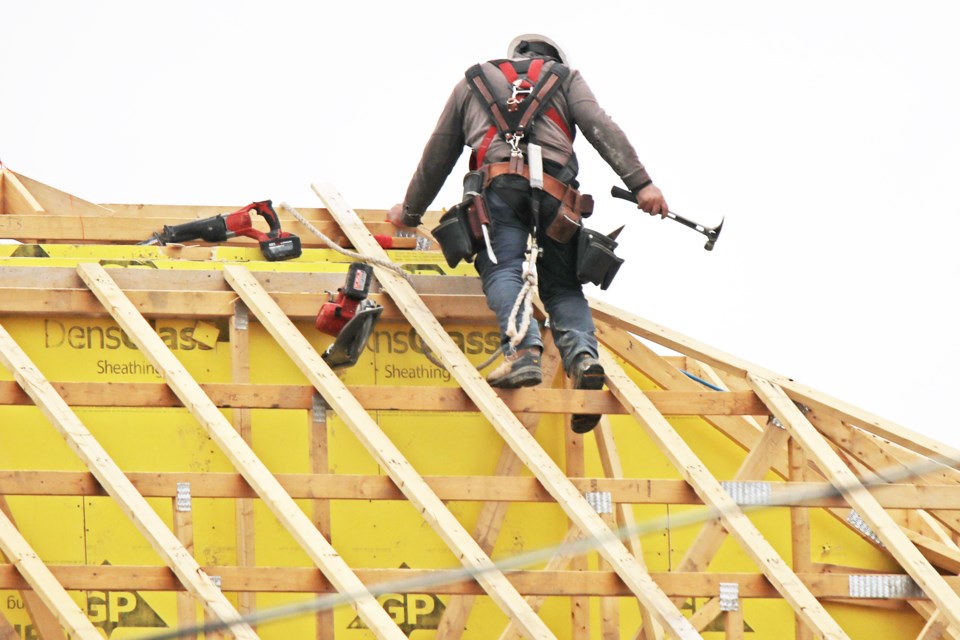Building new housing in Barrie is not so much difficult as it is technical and time consuming, says Ray Duhamel.
The Jones Consulting Group planner says if there’s a rezoning process and site plan approval needed, and before that pre-consultation and pre-submission is required, it doesn’t take long for the time to slip by.
“The amount of work that’s required to get a project approved … it has never been more,” said Duhamel, who has 30 years of experience in the industry. “And it’s not getting better. Every day there’s a change in standard or a different report or new report requirement.”
He said all municipalities would be well served to look at their processes and ask "do we really need this?"
“Because it adds to the cost of housing at the end of the day,” Duhamel told BarrieToday. “If it delays approval or it costs more money, who do you think pays for that?”
The Barrie and District Association of Realtors (BDAR), in its report for April 2024, said the average home sale price was $859,161, which is a decline of 1.36 per cent, year over year, from April 2023.
Duhamel said how long it takes housing to be built depends on many factors — infill or on a large subdivision, degree of neighbours' interaction, townhouses or single-family homes or four-storey buildings, etc.
“I would say, as a minimum, if a project needs a rezoning, and site-plan approval, you’re looking at a mixed-use building or a residential project on Essa Road or something, I don’t think you could do that faster than two years,” he said.
Duhamel said it also helps to know the city and what’s the norm.
“If I waltzed in ignorant of Barrie and said I want to build a 40-storey building at the corner of Veterans Drive and Essa Road, it’s going to become political,” he said. "So it depends on what you’re proposing and where. Sometimes it’s political in the infill situations, for sure, but I wouldn’t say that’s the most. It’s the vast minority.”
So what can be done to speed up housing construction in Barrie?
Duhamel points to former mayor Jeff Lehman’s affordable housing task force recommended pilot project, on an approved development, to determine if anything can be removed from the approval process requirements.
“The standard observation I can make is that all we do is add more to the list,” he said. “Never in 30 years have we taken things off the list. Never have we made the process less onerous or required less work, or less technical work. I’m not saying we should abandon technical work at all … but do we need everything in every instance?”
Duhamel gave an example, as he’s working on a supportive, affordable housing project on a church site — another task-force recommendation.
He says it took four months to convince the city that a hydrogeological study wasn’t needed.
“For a building that’s three storeys and wood with no basement,” Duhamel said. “Why would you need a hydrogeological study if you’re building at grade?”
Comments from a conservation authority, for example, can also stall progress.
“If somebody doesn’t provide comments, you know what happens? Everybody sits there and waits,” Duhamel said. “Let’s say (a conservation authority) takes six months to provide comments. Everybody sits around waiting for six months.
“And there’s nobody with the authority that I deal with in Barrie that can say, or is willing to say, ‘if you don’t get your comments to us in 30 days, it’s too late,'” he said.
“There’s no urgency at all, there’s no consequence for not providing comments,” Duhamel added. “The implication is projects are delayed, and it takes months if not years longer to get approvals.”








